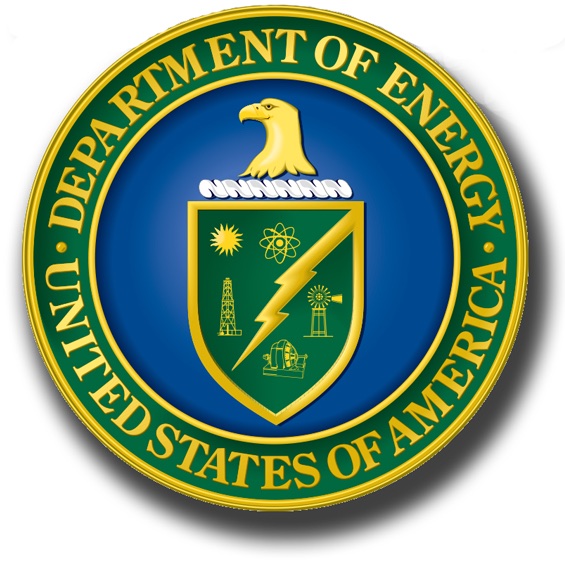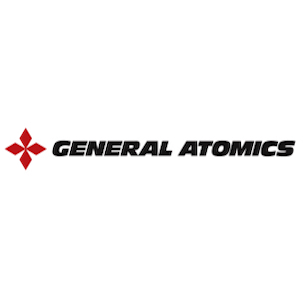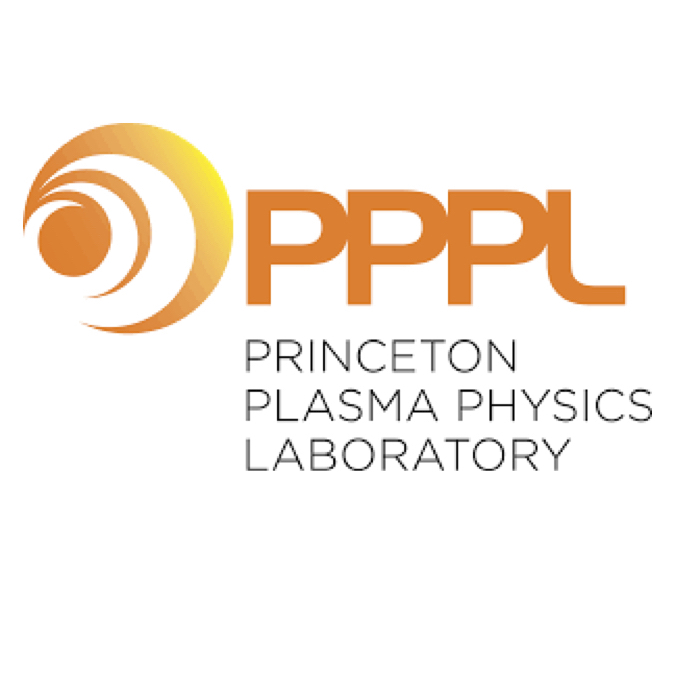Preparing for ITER plasma operation
M.L. Walker, J.L. Barr, D. Eldon, G. Sips, A. Xing, B. Chapman, V. Graber, E. Schuster, J. Yang
Division of Plasma Physics (DPP) Annual Meeting of the American Physical Society (APS)
Spokane, WA, USA, October 17-21, 2022
We report on progress made in a sequence of experiments at DIII-D
addressing key questions and testing operational scenarios in preparation
for early ITER operation. These experiments build on one another so
their execution is divided roughly equally across the 2022-23 campaigns.
The work informs how to best achieve and maintain the desired plasma
conditions needed for ITER first plasma and PFPO-1 objectives. One pair
of experiments is designed to improve the physics understanding of the
evolution of plasma parameters in EC-assisted plasma initiation and the
potential for generation of runaway electrons during Ohmic initiation.
Another set of experiments is designed to first add capability to the
DIII-D PCS to enable emulation of ITER plant control systems and then
use this capability to accurately emulate the execution of planned ITER
scenarios. The latter work has a particular focus on development and
validation of algorithms for handling exceptional events, i.e., those
events that require either an asynchronous change of control
algorithm/objective or a switch to an alternate scenario and its
associated control algorithms designed to mitigate the consequences
of the event.
*Work Supported by U.S. DOE. Grants DE-FC02-04ER54698, DE-SC0019003 and DE-SC0010661.







